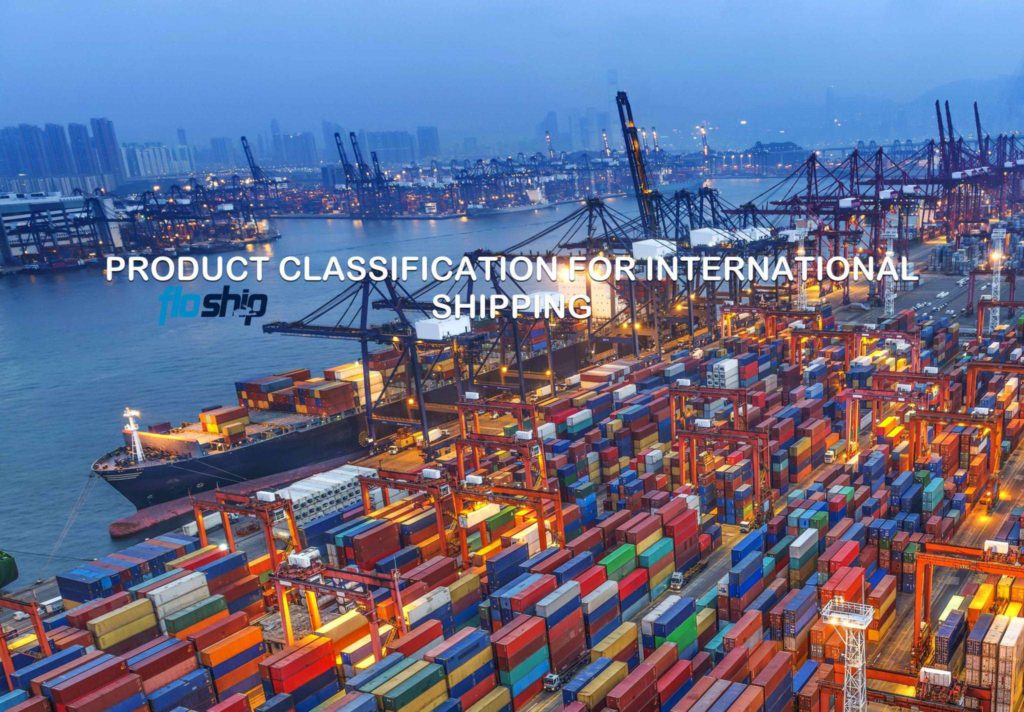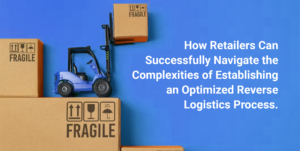What You Need to Know about Harmonized System Code?
When it comes to your ecommerce business there is going to be a time when you consider whether or not you want to sell and ship your products to an international market.
Once you are considering this move already you have probably heard of HS Codes, Schedule B and some other classification terms. Yet you might not know what they mean.
Here is the Floship guide to what these mean for you and your products:
The International Harmonized System (HS)
The World Customs Administration, administers a commodity-classification system that is called the International Harmonized System (HS): the code is used by all countries globally to classify all imported and exported goods.
When you are looking to ship a product overseas, it is a legal requirement that you have a six digit HS code. This doesn’t change whether you are shipping t-shirts or cars, every product must be assigned the HS code.
The code is split into three groups of two, in what some refer to as the HS Code List:
The first two categorize the product, the second two define this classification further and the final set is to specify the product in more detail.
For instance, the first two digits may say that your product is clothing; the second two might say it is trousers and the final two might say it is men’s blue trousers.
Adding Further Description: Schedule B and GHS
This system can be further enhanced depending on the country that is importing or exporting the good.
In the US, products are assigned an additional four digit code, known as the Schedule B number, to classify them further. This four digit code is added to the end of the HS code to make a 10 digit code.
Schedule B numbers are used and administered by the US Commerce Department, Census Bureau, Foreign Trade Division. The data they collect is then used to publish US export statistics.
To check what your Schedule B number is, you can use an HS Code Finder, like this free online search tool. Alternatively you can speak to a fulfillment provider who should be able to provide you with the relevant information.
In addition, in the US, when you are shipping consignments that are valued over $2,500 or the item is required to have a license, then you need to report the schedule B number to the Automated Export System.
Furthermore there is an additional requirement for the shipment of chemical that runs in parallel to the GS system. It’s called the Globally Harmonized System of Classification and Labelling of Chemicals (GHS).
How These Affect Custom Duty
Tariffs and duties are normally imposed on imports and exports based on the classification code given to them. For your product to get a duty rate for your products being imported into a country, you need to ensure that there is a classification number assigned to your consignment that is used by the receiving country.
Without the right Schedule B and HS numbers you can be sure that you aren’t missing out on preferential tariff rates under a free trade agreement.
It is also important to have the schedule B and HS numbers to ensure that your business’ fulfillment team are completing their export documents.
Avoid Problems
Ensuring that you have the right HS and Schedule B code might add more time to shipping internationally, but it can also help save time and ensure customers are happy in the other end.
Without the code, exports may be delayed at the exporting country or importing country.
You may also receive a fine or more expensive tariffs which making shipping excessive and unprofitable – not to mention unhappy customers will be unlikely to use you again.
HS Code for International eCommerce
Conclusion: Harmonized System Code Compliance
The HS code is a standardized method used around the globe for shipments transported across international borders.
Each product will have a specific code that identifies it, though further classification may be required by the importing or exporting country, like the Schedule B code required by the United States.
Are you thinking of expanding your customer base across borders?
Related Crossborder Shipping E-Commerce Focused Articles
- Things Will Go Wrong When You Don’t Understand Your Customs Obligations
- What’s Your Cross Border Strategy For Fulfillment?
- Rules and Regulations for International Shipping
- A Layman’s Guide To HS and HTS Codes

Ready To Upgrade Your Logistic Solution?
Speak to Floship ecommerce logistic consultant about improving your global support chain today





